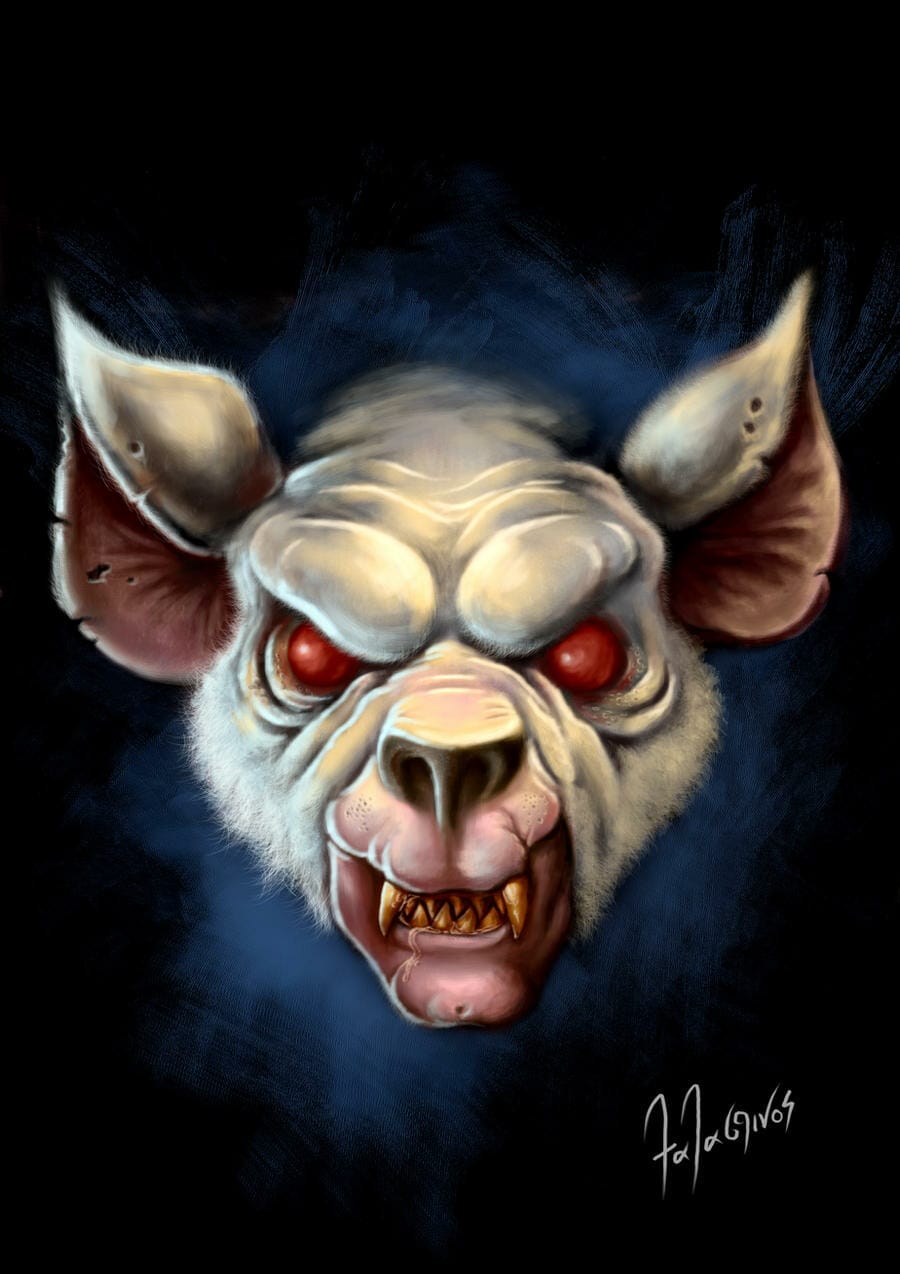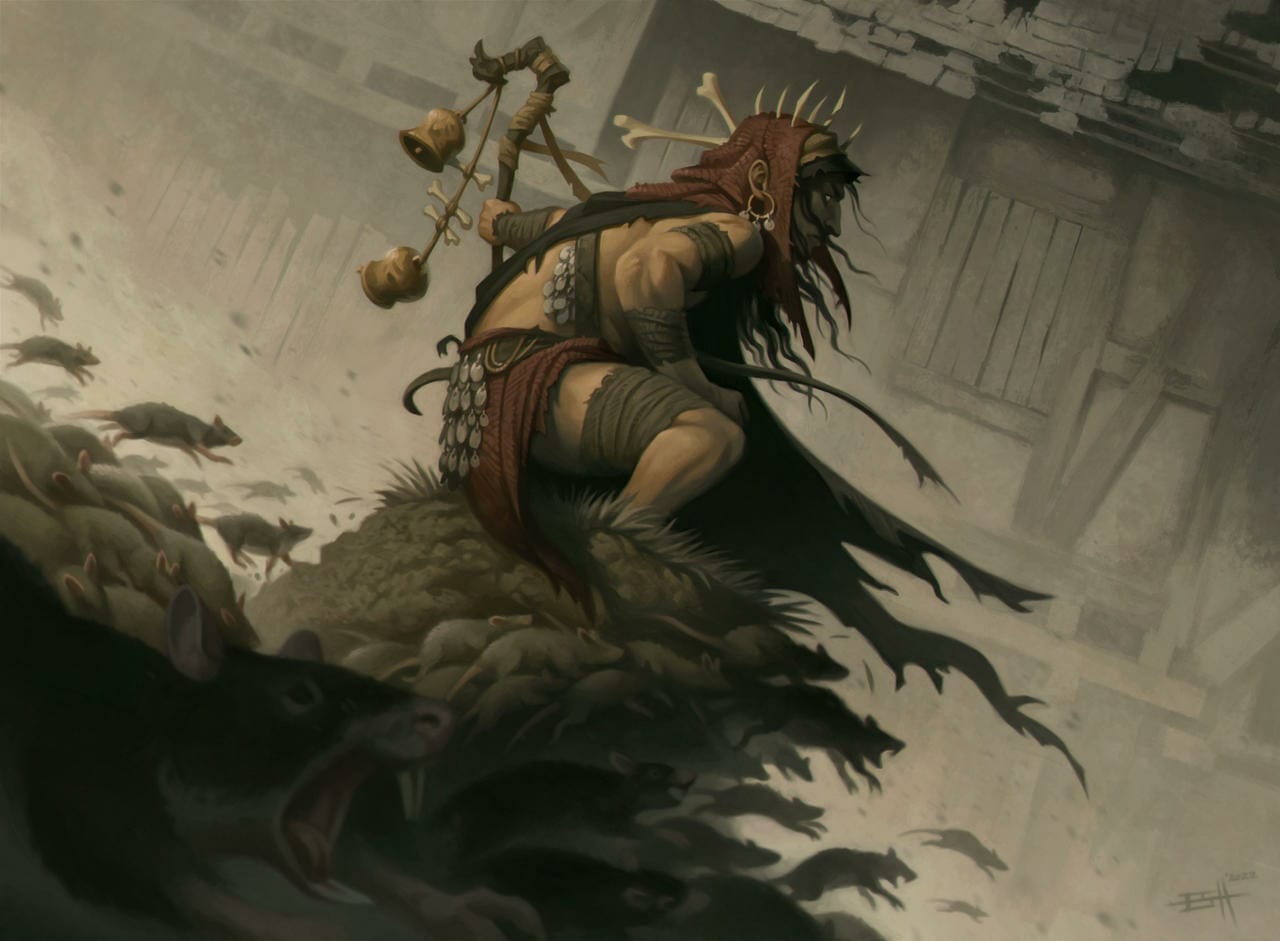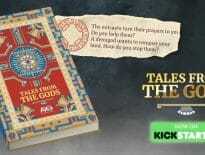In the last article, we talked about the idea of villainy and how it comes in lots of different forms. We gave a few examples, but I want to make a more clear outline of some of those types over the next few articles.

In doing so, I hope you can take these archetypes of villainy and use them to build enemies in your games and campaigns. So let’s take a look at a few villains today, starting with some types that might encounter heroes in very different ways.
The Mastermind
Personality: The mastermind is the big bad who is pulling strings. They sit behind a grand conspiracy of plot and often take quite a large amount of time to identify as the threat, let alone act against it. They make no move without first thinking about the consequences and have plans within plans, backup ideas and often act through other proxy minions in order to not dirty their hands.
PC Relationship: To begin with the mastermind may not even know or care who the players are until they meet/defeat a few of their henchmen. But once they realise the heroes are against them, the mastermind will do everything they can to safely deal with them. They will send executioners, attempt to frame them, set up traps, etc. They’ll even manipulate them into helping the scheme by careful manipulation of information. They won’t act personally unless no other option is left. If pushed hard, they will resort to targeting the things the PCs love. In head to head conflict, they will try to escape if things look grim and usually have a plan for that flight in place.
Impact: The schemes of a mastermind should, at the very least, affect nations. They are playing a grand game of chess.
Defeat: The defeat of a mastermind type should not be easy and should be the work of a whole story arc/campaign, but if the players genuinely manage to outmanoeuvre them, then they should be rewarded. For some masterminds, their schemes can go on after their defeat if they are rigged very carefully. Removing a mastermind sometimes has consequences far beyond the local.
The Personified Vengeance
Personality: This villain has a specific grudge against one or more PCs. They are out for blood. They may be blunt and immediate, or they may be more cunning, but either way, they are obsessional, dangerous and focused. They often strike hard and fast with no real concern for their own safety, instead out to do as much damage as possible.
PC Relationship: They know one or more of the PCs and are coming for them. They’ll study them, strike at the people and things they hold dear. As the schemes intensify, so they become less and less careful, with their desperation for ‘justice’ taking hold, and they make more and more mistakes. They are almost always somewhere around to see their enemy fall – they want the PCs to know who caused their downfall. In head to head conflict, they will attack the object of their frustration savagely and never flee or back down.
Impact: The vengeance’s schemes rarely reach a massive group of people unless that is what wronged them. Once at the local level, though, they devastate everything. The target of their wrath can feel like the world is coming down around them.
Defeat: a vengeance is like to die in an intense confrontation or moment of overexposure. Sometimes the scheme they set up can get away from them and either kill them or force them to abandon vengeance for healing. They are often unaware of the wide damage their schemes cause.
The Professional

Personality: The professional is here to do a job and get paid. They aren’t invested for any other reason. Everything they do is in pursuit of what they are paid to do. They don’t ever lose their cool.
PC Relationship: The professional has no hatred of the heroes. They may enjoy their job, but that’s it. The PCs are just the latest in a line of successful contracts.
Impact: The professional is only here to do one job. After that, they will slide on to the next job; anonymity is good for business.
Defeat: a professional is often quite difficult to pin down – they will cut and run if it goes bad and come back another day. They can’t be goaded into unsafe behaviour. But they can often be persuaded the conflict isn’t worth their time and expense. Because only loyalty is often money, they can also be paid to change sides.
The Thrill-Seeker
Personality: This rogue is only really in it for the laughs or maybe the money. Whatever, they don’t really care who gets hurt as long as their life is made easier and they are having a good time. They’ll often pick up a scheme only to totally abandon it. They enjoy being in the thick of things and are likely to blow stuff up just to see what happens.
PC Relationship: Often the thrill-seeker is going to be meeting the payers at the point their scheme steps up into full-scale chaos, so they tend to be immediate and anarchic. Some more cunning of these rogues might be instead be preparing to scam the heroes, in which case, they are very polite as they work their con/theft and only later reveal their crazier impulses. If confronted head-on, they leap into the fray without really thinking about an exit.
Impact: Thrill-seekers often have very small scale schemes, but carelessness can result in widespread destruction. A few real special cases can cause world level problems with their hard trigger attitudes.
Defeat: A Thrill-seeker is overconfident, and this is a fatal flaw. They are easily provoked into action and overreaction. Their unpredictability also lead to their allies feeling slighted and open to betrayal.
The Bully-Lord

Personality: The bully-lord has risen to a position of power and strength via the medium of being a tough and aggressive individual. They often are surrounded by equally brutal minions who follow them out of admiration and fear. They take what they want through violence.
PC Relationship: The Bully-lord is a fairly standard ‘starting villain’, someone who is a brutal and invading force with very little forethought beyond wanting whatever resource innocents have and not being fussy about taking it. They often only negotiate at the point of a blade before being content in the power and confidence they have earned by being the top dog.
Impact: Bully-lords often have a wider impact than one would first think because their might has collected a veritable army of henchmen. Given the correct military force, they can either be raiding caravans, sacking villages or toppling nations.
Defeat: Usually, the Bully-lord is bested in open combat. They will not fear such an combat and will only talk when bested. Any deals they make before defeat will be betrayed due to a sense of arrogance. Be aware, a defeated Bully-lord left alive has the potential to mutate into a Personified Vengeance at a later date out of shame and rage.
I hope this gives you something to think about and use in your game. Try designing a villain that fits each of these archetypes for your game, and see what you come up with! Next time I will be keeping up this idea by looking at a few more complex villain types that have more unique psychologies.
Creative Commons art credits: Rat Villain by Tony Thalssionos, Villain:.Moona.: by Mianmaxi, and The Rat King by edgarsh422. Mianmaxi has a Redbubble store.
Got something helpful to add? Please let us know via the discussion area below.

